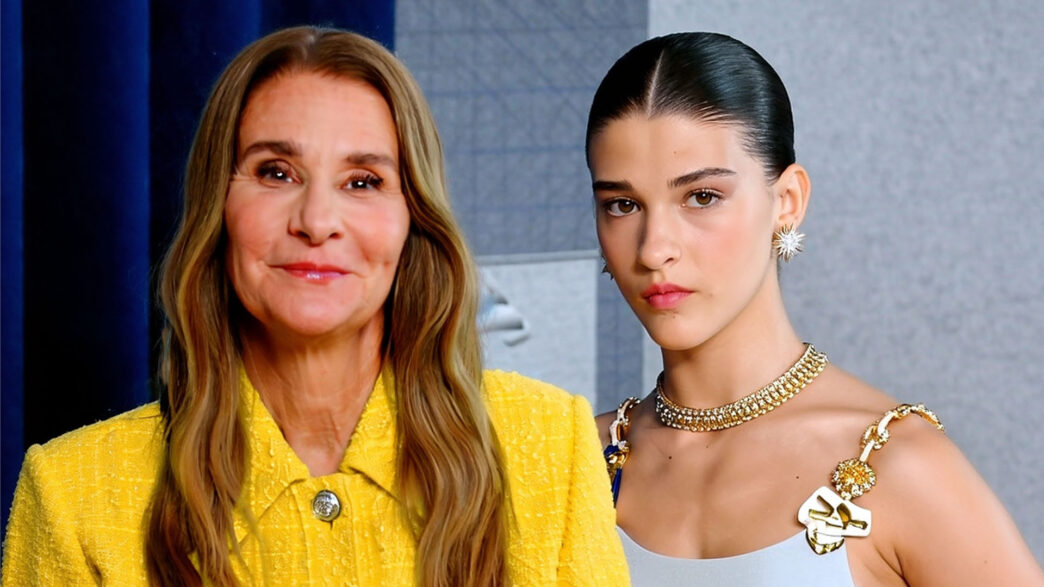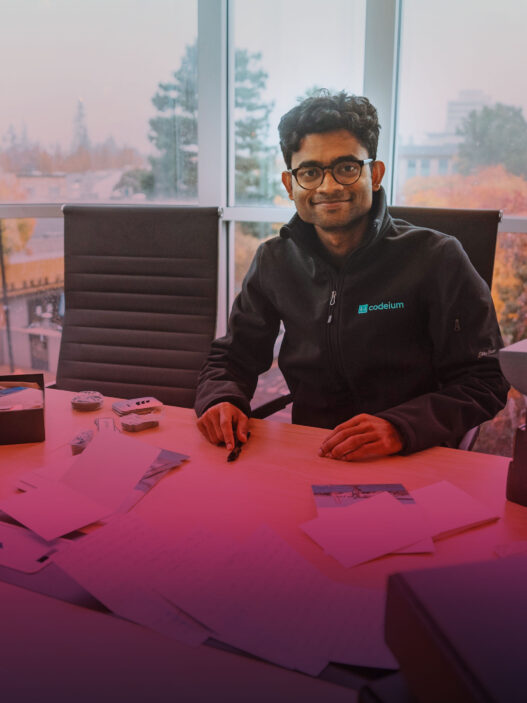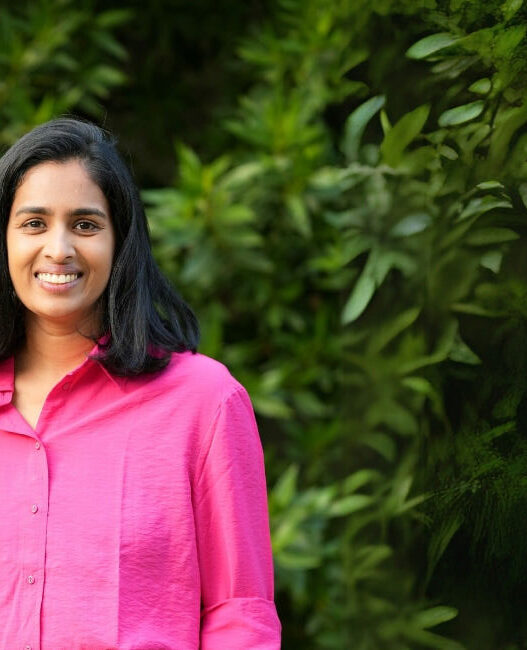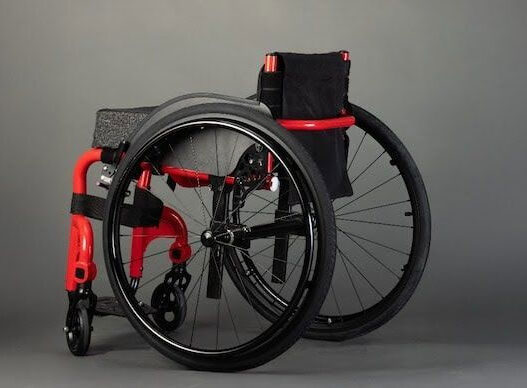Picture this: you’re at the Power of Women’s Sports Summit, listening to Melinda French Gates—a powerhouse who’s shaped global health, championed women’s rights, and amassed a personal fortune of over $31 billion. She shares a simple but powerful truth: when it comes to entrepreneurship, her 22-year-old daughter Phoebe deserves to earn her stripes the hard way—and that means no handouts from Mom.
“Not Because of Me”
Phoebe, the youngest of Bill and Melinda’s three kids, just co-founded an AI-powered fashion-tech startup called Phia, alongside her Stanford roommate. It’s a clever app that scans over 40,000 sites to find the best deals on fashion items. But here’s the key—no family money went into it. As Melinda told Fortune:
“She got capitalized, not because of my contacts, not because of me. I wouldn’t put money into it.”
That’s tough love at its finest.
Resilience Built in the Foundry of Rejection
Here’s where the story gets richer. Melinda’s not making a grand gesture—she’s making a strategic one. She emphasized that real businesses need real backing, and the process of raising funds builds crucial resilience—especially for women, who received just 2.3% of global VC funding last year.
In her own words to Fortune:
“That’s what I told her. She’s growing from this.”
Phoebe has already felt the sting. She shared on a podcast that some investors questioned her age—and even asked if she plans to have children—bringing her to tears. But Melinda’s advice, as shared with Fortune, was sharp:
“Get up or get out of the game, sis.”
Legacy, Not Leverage
This isn’t the first time the Gates family has stood firm on self-reliance. Both Bill and Melinda have pledged publicly that their three children will inherit less than 1% of their fortune—ensuring that success isn’t a birthright, it’s earned.
Phoebe echoed that sentiment in an interview with Fortune:
“We don’t want this to be something that’s funded by my family—we want this to be a real company.”
The Power of Phia—Without a Safety Net
Phia’s origins trace back to a thesis project. What began as a playful experiment—spotting overpriced dresses on resale platforms—has turned into a functioning startup. So far, the founders have raised about $850,000 in seed capital—from Soma Capital, a Stanford grant, angel investors, and celebrity backers like Kris Jenner and Sara Blakely.
Just like any other founder, Phoebe and co-founder Sophia Kianni are building their team, refining features, and using AI (including ChatGPT) to reverse-engineer social media success. In an interview with VNExpress, Phoebe shared that they’re leaning into GenAI to help them with content marketing.
Why the Story Matters
What this really highlights is the tough terrain women face in the venture world—and how even billions in family wealth doesn’t erase that. Melinda’s stance flips a privilege paradox: support your kid from behind, but let them build their own bridge.
Phoebe is now navigating investor calls, market feedback, tech scaling—and yes, rejection. But she’s doing it with credibility built on merit, not inheritance.
The Takeaway
- Melinda French Gates deliberately chose not to fund Phia, pushing Phoebe to learn the fundraising game.
- For female founders—who faced a mere 2.3% share of VC funding—this is a lesson in grit, not entitlement.
- The Gates family’s “less than 1% inheritance” pledge isn’t symbolic—it’s a reality baked into their values.
- Phoebe’s standing now? A startup founder facing the same trials and triumphs that any entrepreneur encounters—just with better stories to tell.
Let me know if you’d like this formatted for a publication layout or need sidebars on Gen Z founders or AI in fashion.



















